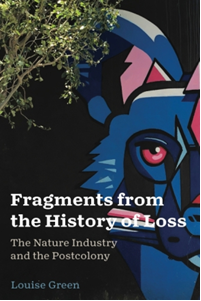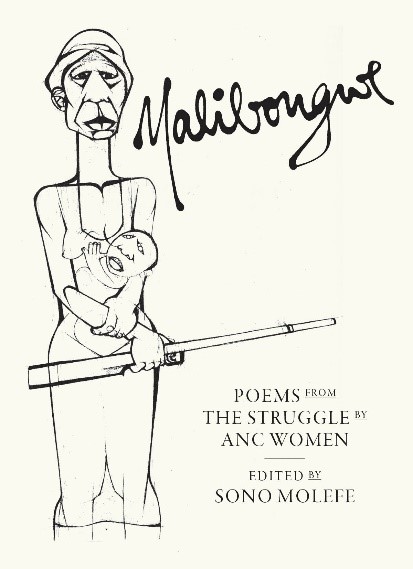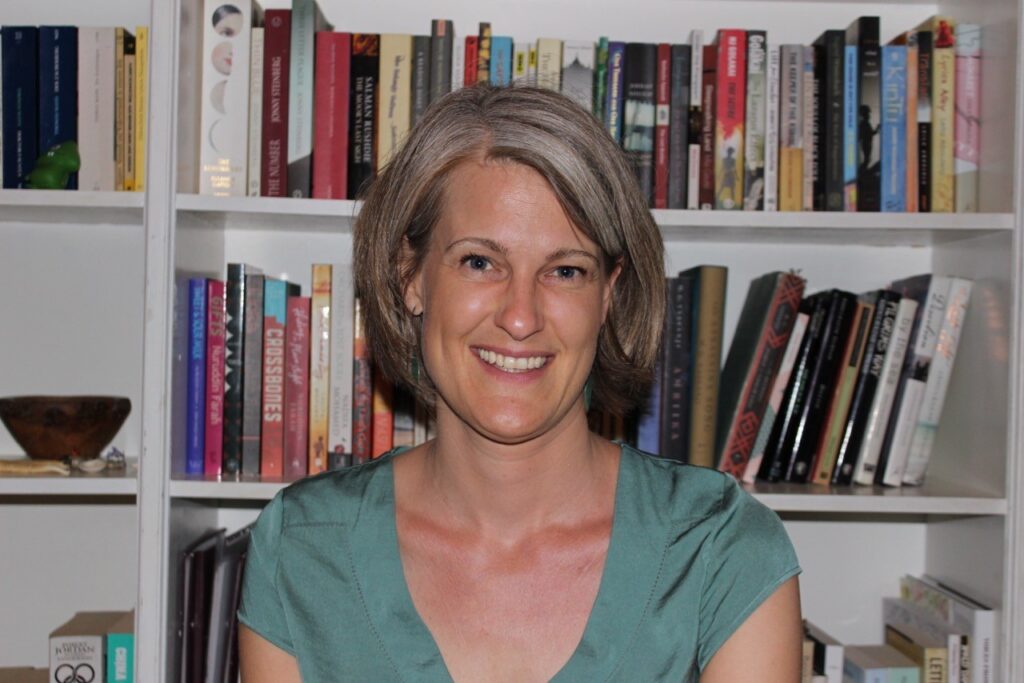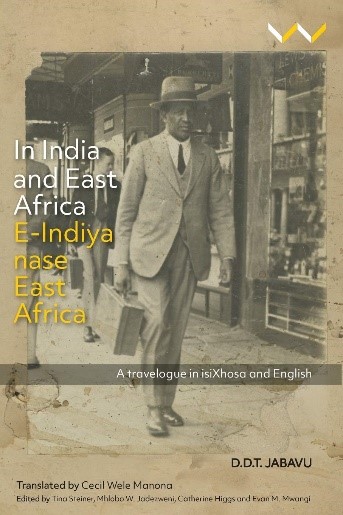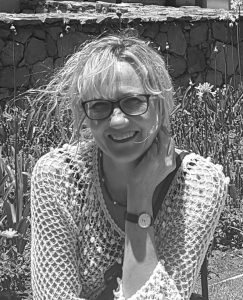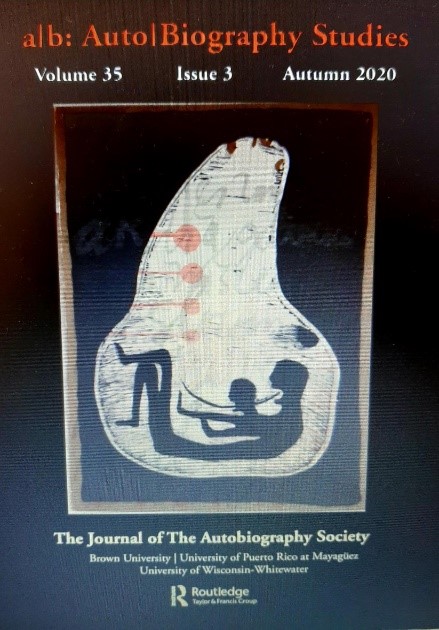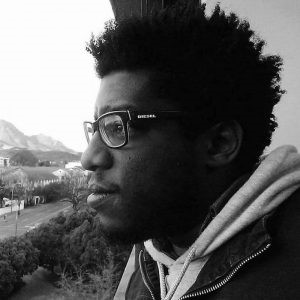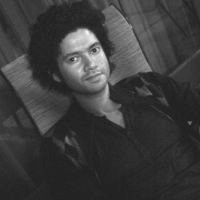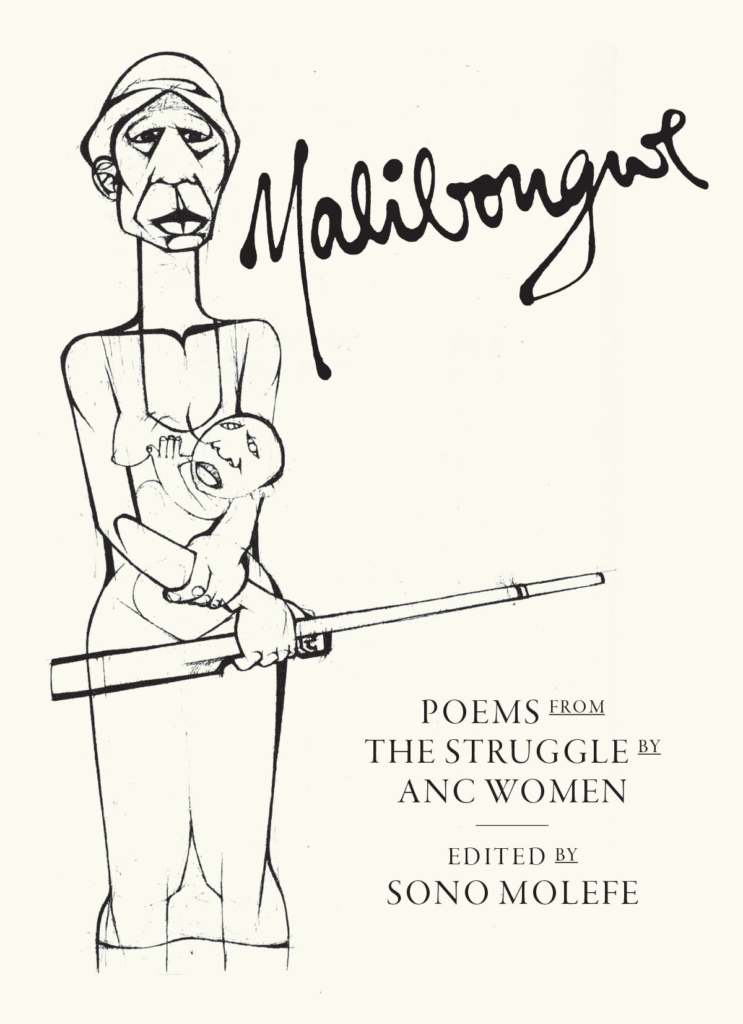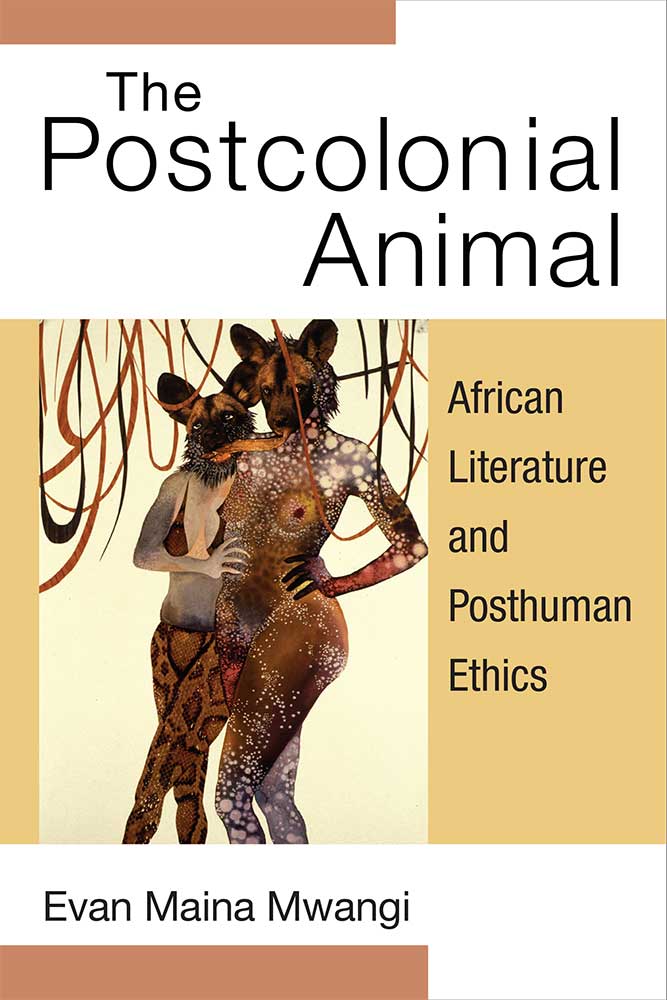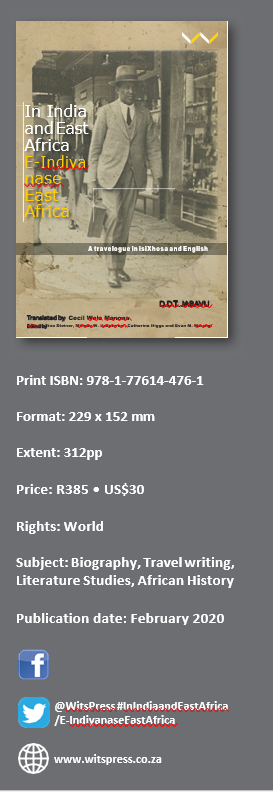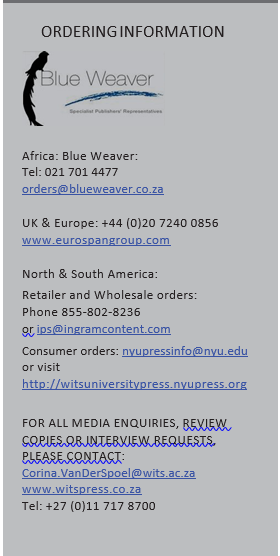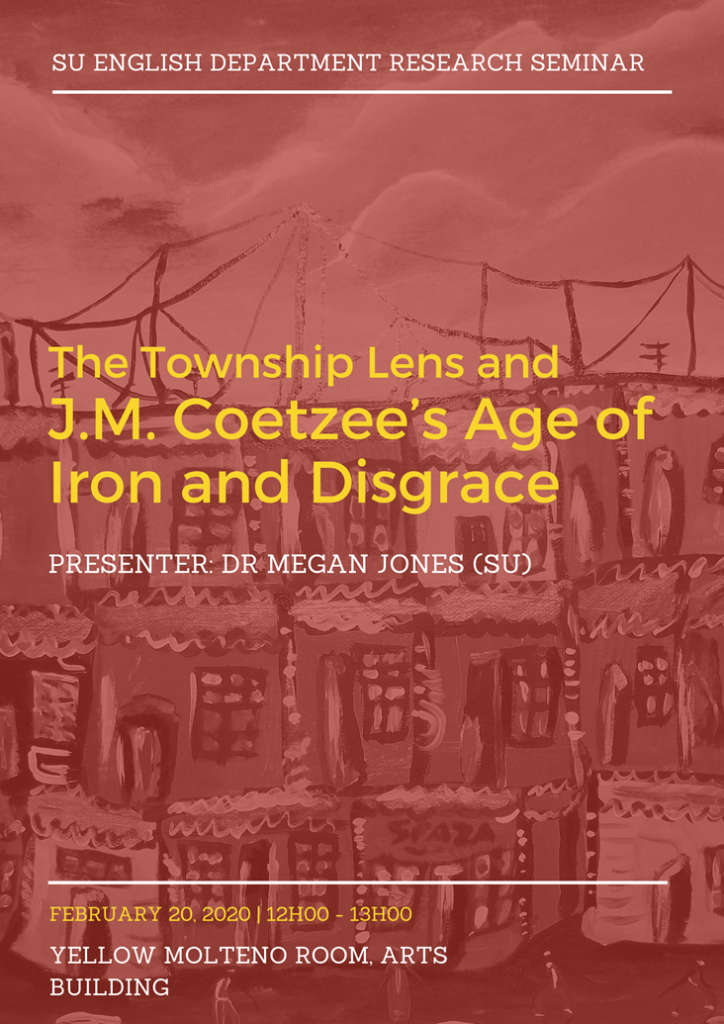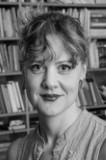January 2021
Quietly, perhaps with cautiously optimistic tones, 2021 took over from 2020. The jokes about 2020 never ending are well worn, along with suspicions that 2021 would merely be its predecessor in disguise. Much remains to be seen but here we are, at the start of a new year with plenty to reflect on and look ahead to in the first months of 2021. In the Department of English at Stellenbosch University (SU), there were reasons to celebrate as 2020 wound down and a recap is in order before we move on to the new year’s business at hand.
PhD CONGRATULATIONS
The department warmly congratulates Dr Jacky Kosgei on her successful viva in September, and Dr Cleo Theron, who successfully defended her thesis in December. Dr Kosgei’s thesis, titled “Imaginaries of Oceanic Histories in Oral and Written Texts from the Kenyan Coast,” was written under the supervision of Professor Tina Steiner and Dr Uhuru Phalafala. Dr Theron’s thesis, titled “Appraising the Counterpoint: Bifocal Readings of Literary Landscapes in the American Renaissance and Post-Apartheid South Africa,” was written under the supervision of Dr Megan Jones and Dr Dawid De Villiers.
STAFF EXCELLENCE
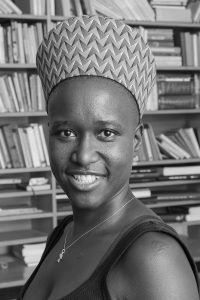
In December 2020, Dr Uhuru Phalafala was notified by Dr Blade Nzimande that she had been selected by the Department of Higher Education and Training as a participant in the 2021 cohort of the nationally competitive Future Professors Programme. This initiative aims to support the career development of notable young South African scholars who have already made their mark as academics, and whose CVs suggest they are likely to go on to make significant contributions in the tertiary environment. (At SU, the FPP is managed by Professor Jonathan Jansen and his team.)
Congratulations to our colleague Dr Phalafala on yet another inspiring achievement. Her selection for the FPP signals her excellence.
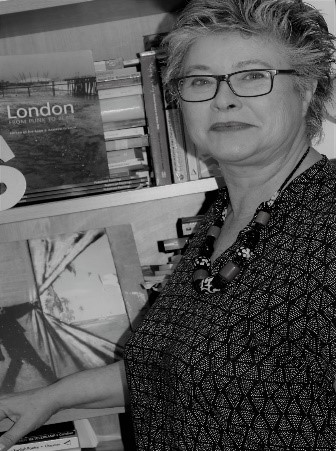
Professor Sally-Ann Murray’s 2019 collection Otherwise Occupied (Dryad Press)has been nominated for a 2020 South African Literary Award (SALA) in the poetry category. Already a winner of the 1991 Sanlam Prize for her first collection, Shifting, as well as the 2009 M-Net Prize for English Fiction and the 2010 Herman Charles Bosman Prize for her debut novel, Small Moving Parts, Professor Murray is now once again in the running for a top award in 2021. Professor Murray’s 2020 publications include “Queerying examples of contemporary South African short fiction” in Journal of Commonwealth Literature 2020; 55(1):77-95.
FOCUS ON: ANNIE GAGIANO

In this first newsletter for 2021, there is a special focus on the force of nature that is Professor Emerita Annie Gagiano, a member of the Department since 1969 until her official retirement in 2008; thereafter, she continued her tireless productivity as emeritus professor. In the years before Covid19-influenced Lockdowns, Professor Gagiano was unfailingly the first person to arrive to her office in the department and the last to leave. This short summary, taken from the Faculty of Arts page, is but a quick reminder of Professor Gagiano’s astounding career:
Gagiano obtained her DLitt (English Studies) in 2003 and is a Professor Emeritus in the English Department where she continues to supervise doctoral students and pursue her research in contemporary African English fiction, focusing on issues of representation of the postcolonial present with emphasis on evocations of power (including war), gender concerns and aspects of childhood. In 2002 she was co-recipient of the Rector’s Award for Excellence in Research and she serves as reader for a number of academic journals. Her two books, viz. Achebe, Head, Marechera: On Power and Change in Africa (2002) and Dealing with Evils: Essays on Writing from Africa (2008) were published respectively in the USA and Germany. Gagiano has produced numerous articles and book chapters on African texts – sometimes read in conjunction with classic texts like Shakespeare’s or in comparison with postcolonial writing from other regions. She is a member of several academic bodies such as the International Comparative Literature Association; the African Literature Association and the Association for Commonwealth Languages and Literature.
Professor Gagiano has had a busy 2020, as the following list of publications reveals:
1) Her article “Recovering and recovering from an African past: four women’s quest narratives” was published online in the Journal of Transatlantic Studies. https://doi.org/10.1057/54738-019-00025-x The print issue is in Journal of Transatlantic Studies 17.3: 269-289. DOI: 10.1057/542738-019-00025
2) A paper she gave at the Penang conference (the International Conference on Literature debating the present state and possible future of Postcolonial and Diasporic Studies) has been published in The Wenshan Review of Literature and Culture 12.2 as an article titled “Postcolonial Illuminations of Past Betrayals in Tan’s The Gift of Rain and Owuor’s Dust.” The Print ISSN is 2077-1282 and the Online issue ISSN 2077-1290.
3) Her article for a special issue of the Tydskrif vir Letterkunde on Nuruddin Farah’s writing (edited by Fiona Fatima Moolla), titled “Male ‘Somaliness’ in diasporic contexts: Somali authors’ evaluative evocations”, has been published in this journal, vol.57 no. 1 (2020): 77- 87. ISSN: 0041-476x and DOI: 10.17159/2309-9070/tvl.v.1i
4) A commissioned article titled “Complicating Apartheid Resistance Histories by Means of South African Autobiographies” has been published in the journal a/b: Auto/Biography Studies for a special guest-edited issue; a/b vol. 35 no. 3 (2020): 667-689. DOI:10/1080/08989575.2020.1762996
5) Her article “Precarity, protectedness and power in Emmanuel Jal’s WARchild: a boy soldier’s story” will be published during early 2021 in a themed issue on ‘Precarity in African Literature’ (guest edited by Cheryl Stobie) of the journal Current Writing: Text and Reception in Southern Africa, as soon as it is assigned to an issue. DOI: 10.1080/1013929X.2020.1795352
In addition, her article on three African short stories titled “War-affected children in three African short stories: finding sanctuary within the space of placelessness” (submitted late 2019) had been accepted for publication in Commonwealth Essays & Studies in a special issue [eds Pascale Tollance & Claire Omhovère] on ‘Place & Placelessness in the Postcolonial Short Story.’
STUDENT ACHIEVEMENTS
English 3 student Sarah Uheida (the class representative, and the Dryad Press Intern, and subsequently also the Dryad Social Media Manager), has recently won two major prizes.
Firstly, she has won the Dan Veach Prize for Younger Writers, awarded by the United States poetry journal, Atlanta Review. Named after an influential editor of the journal, the prize is for an exceptional piece of work by a college student between the ages of 18 – 23. On their Facebook page, the editors announce: “Sarah Uheida is 22 years old and was born in Tripoli, Libya. She is a poet and experimental memoirist currently completing her undergraduate degree in English Studies and Psychology at Stellenbosch University, South Africa. Her work features in the literary journals New Contrast, Blindeye, Eunoia Review, The Shore, fresh.ink https://www.facebook.com/atlantareview/).
Secondly, out of almost 1000 applicants, Sarah is one of four recipients selected as a 2020 Miles Morland Writing Scholar. “The awards are based on submissions which include a book proposal and an excerpt of published writing.” The Miles Morland Foundation “is particularly interested in supporting African writing and African literature” (https://milesmorlandfoundation.com/), and the prize will support Sarah’s writing of a memoir, already underway, and likely to be the focus of her Honours independent project in 2021. As the Miles Morland announcement puts it, Uheida’s “proposed non-linear fictionalised memoir will centre her lived experience as a Muslim child survivor of her country’s disintegration into the Libyan Civil War, and the challenges of living as a refugee in South Africa. This is an ambitious project by a new and powerful voice” (https://milesmorlandfoundation.com/morland-writing-scholarship-winners-announcement-2020/).
An extract from Sarah’s memoir was published in the special ‘SU’ issue of New Contrast that was edited by Professor Sally-Ann Murray in 2019, with the support of the Mellon 30th Anniversary Artists’ in Residence Grant. Sarah also has poems in the 2020 special issue of this journal, which features notable student writers from UWC and SU, which was co-edited by Professor Sally-Anne Murray and Professor Kobus Moolman, again published with Mellon assistance.
The department also extends excited congratulations to doctoral student Wesley Macheso on the publication of his poetry collection, A Masquerade of Spirits.
In undergraduate news for the final term of class in 2020, third year undergraduate English Studies students, who enrolled for the Olive Schreiner elective course (first time offered) under Dr Tilla Slabbert, were asked to conduct independent research to construct a Schreiner network, inspired by Franco Moretti’s graph “A Tangled Mesh of Modernists”.
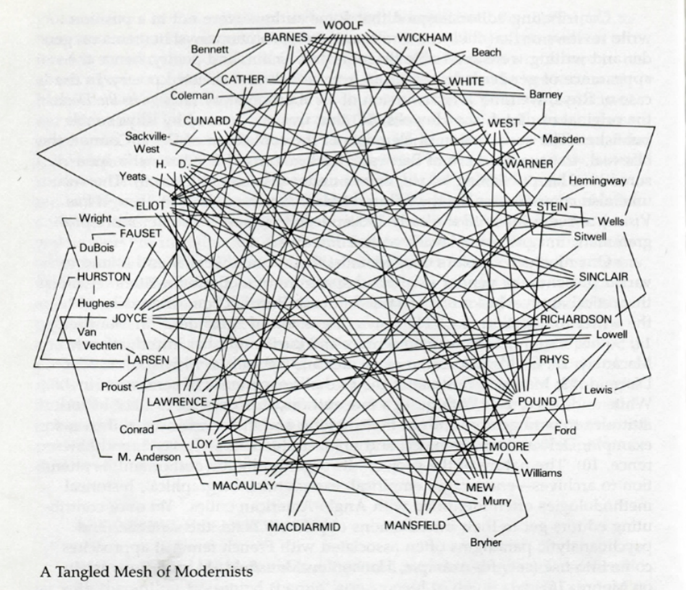
Their research topics invited them to:
1) Source correspondence between Schreiner and another historical subject (e.g. acquaintance, friend, foe, writer, politician, family member); to conduct a close reading of the (selected) sourced material; and to discuss what the communication reveals of each subjectivity and their individual views of socio-political issues of the time.
OR
2) Source a writer (of fiction or non-fiction) or artist who has acknowledged Schreiner’s influence on their work and sensibilities. In a close analysis of the selected writer/artist’s work, or a particular text from their oeuvre, explore how Schreiner inspired the writer’s/artist’s thematic concerns and creative expression.
The group produced a truly impressive range of research essays, and the respective subjects sourced were brought together in this poster designed by student, Jodi Prinsloo.
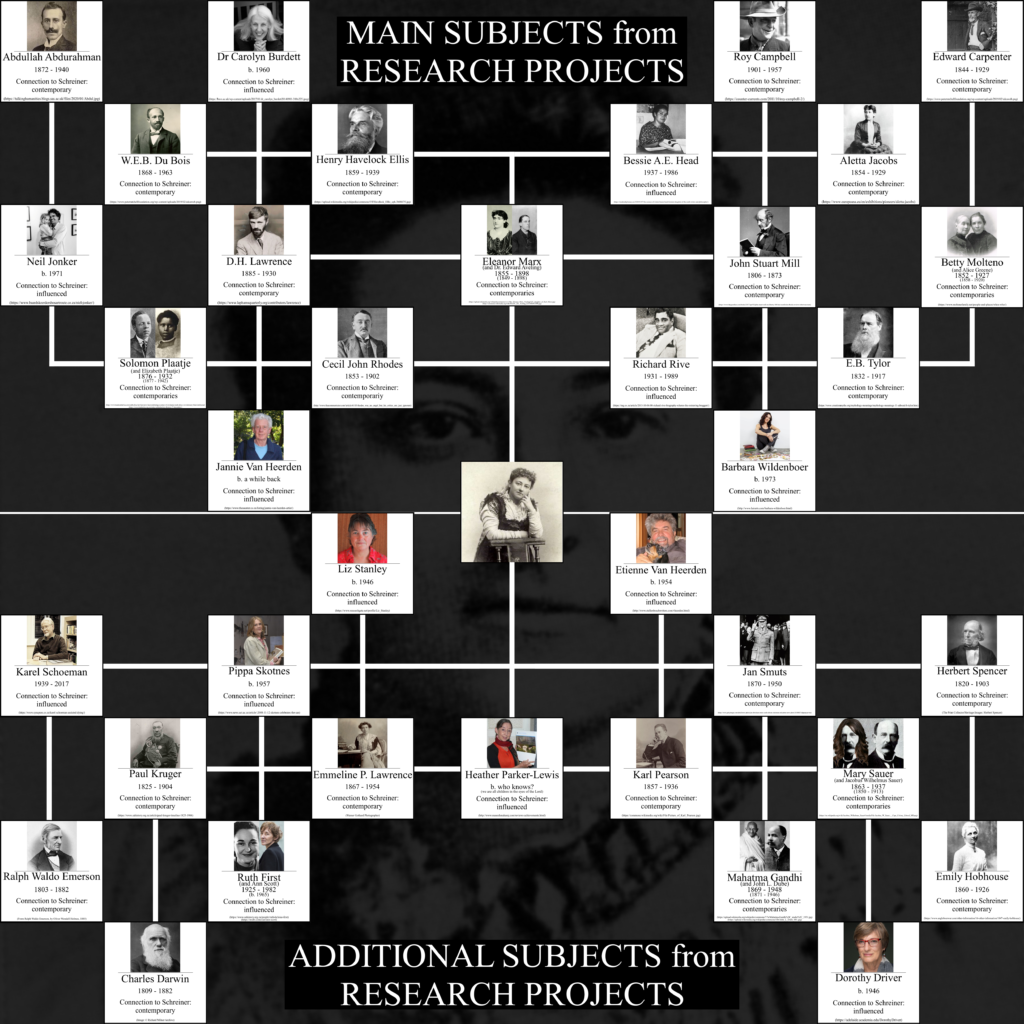
BOOK PROPOSAL WORKSHOP
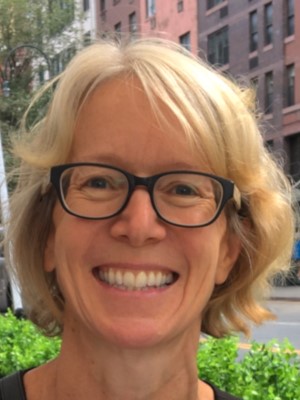
In November, SU Professor Extraordinaire Stephanie Newell, based at Yale, hosted a book proposal-writing workshop, offering her expert advice and guidance and providing feedback on the projects of participating staff members. Follow-up sessions will be arranged in 2021 and Professor Newell, working alongside Professor Louise Green, will continue to facilitate these.
SAYING GOODBYE
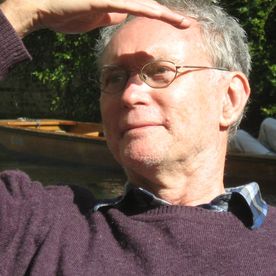
In November 2020, universities around the country said farewell to the late Dr Robin Gaylard. Dr Gaylard was a beloved colleague in the Department of English at SU, where he worked from the late 1970s until his retirement at the end of 2009, and his loss resonates in our department and in English Departments around South Africa.
As of January 2021, the Department of English at SU also mourns the recent losses of friends who have played important roles in the story of the department, as well as losses suffered by friends, relatives and colleagues, and we pay our deepest respects to them.


